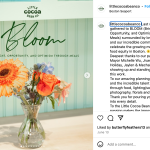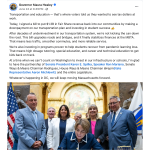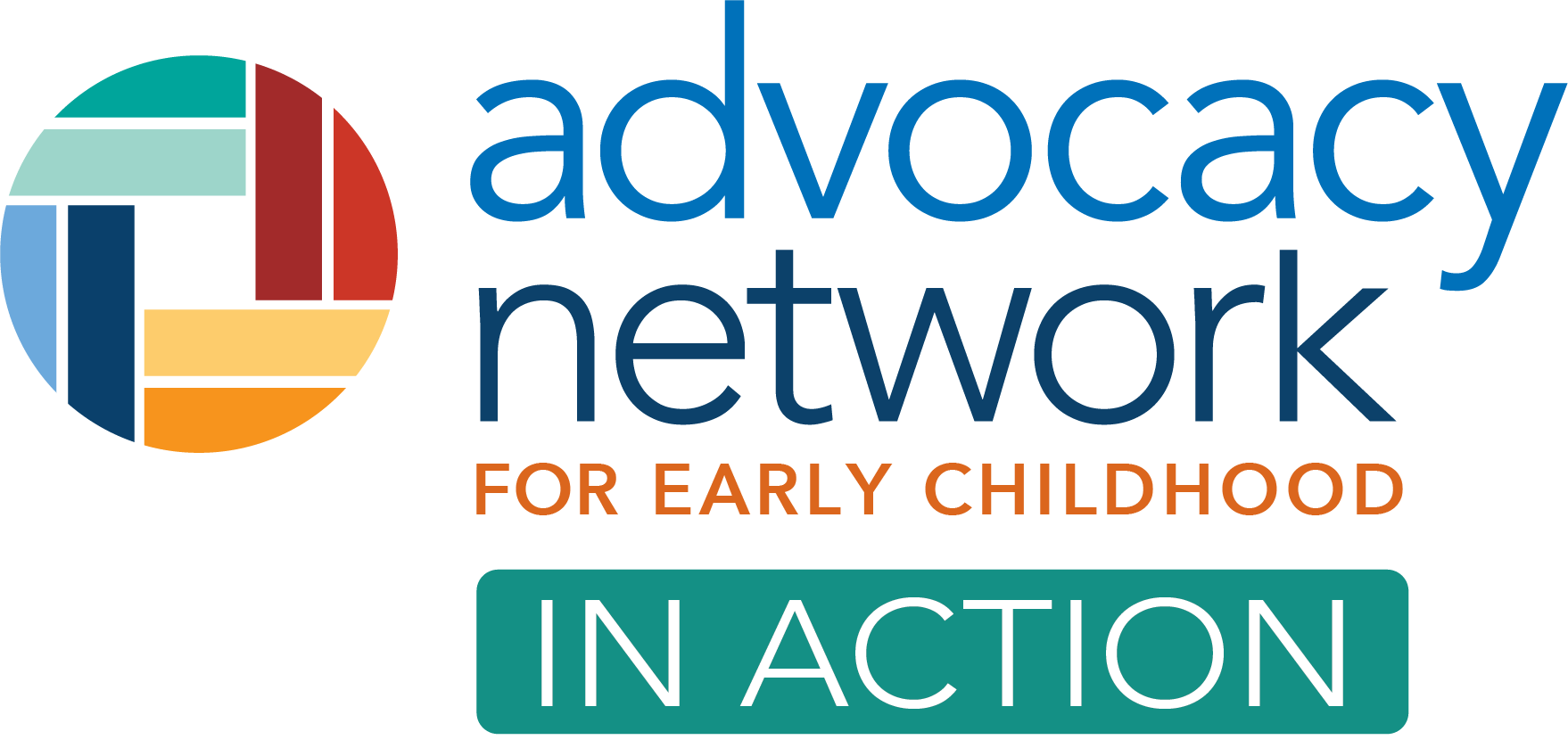Bopha Malone grew up in Lynn, Mass., and as a teenager, she participated in programs at Girls Inc. where she found freedom, friendship, and support. Today, Malone is a former banker, the current CEO of Girls Inc. of Greater Lowell, and a member of Strategies for Children’s Advocacy Network for Early Childhood.
Malone and her parents were refugees who had fled from the Khmer Rouge in Cambodia. They walked to Thailand, lived in a refugee camp, and later flew to the United States when Malone was 9. Growing up in Lynn was challenging; there were gangs and high rates of teenage pregnancy, but the city was also, Malone says, “our opportunity.”
Her parents told her how lucky she was to live in the United States, despite their low income. They also said that as a girl she should stay home, clean the house, do well in school, and eventually get married.
“They said that if I was a good wife, people would take care of me. I didn’t believe that.”
In high school, Malone got involved with Girls Inc.
“It was a fun, welcoming place. It helped me navigate cultural worlds. The staff helped me to build a network of support, and because of their love and support, I was able to get into college, build a career, and be the person I am today. It was a place where I felt special.”
A Girls Inc. mentor encouraged Malone to go into banking where she could have a career that would teach her about financial management and make her financially independent. What she thought would be a job that lasted a few months turned into a decades-long career—one that wove in advocacy.
“I helped many immigrants and refugees, like my own family, who came here and didn’t have resources. I taught them about financial literacy, helped them connect to other people, buy their first homes, and build their small businesses. It was really rewarding.”
Malone had no intention of leaving banking, then Girls Inc. called. The organization needed an interim, post-Covid executive director who could reorganize operations. And Malone was not only a banker, she had served on nonprofit boards and as a Select Board member in her town. It all added up to helping people overcome different barriers. So she took the job, which was only supposed to last for a year. But then Malone found, she wanted to stay.
What drew Malone to the Advocacy Network was a deep desire to learn more about how best to serve young children. Girls Inc. works with girls ages 5 to 18. And Girls Inc. faces many of the same staffing challenges that early education programs do.
“When I was working in banking, there were a lot of resources. If there was a problem, I could make a phone call and it would be fixed. But at Girls Inc., I had to learn how to manage problems with far fewer resources. I knew I needed a group where I could share my challenges and my frustrations. I needed a network of people I could listen to and learn from.”
For her Advocacy Network project, Malone is teaching her staff about the importance of advocacy using Strategies’ Advocacy 101 approach.
“Our mission is to help girls be strong, smart, and bold. And we’ve done well with strong and smart, but we can do better with bold. For us to inspire our girls to be strong, smart and bold, we need to be strong, smart and bold. Our staff members need to feel comfortable and confident first. We also need to make it fun; that’s important, too.”
“Once we become bold advocates, we can engage our local and state and even federal officials and have them visit us. We could have family nights during election season and invite candidates to talk about child care issues and women’s issues.”
Taking a broader, bolder, holistic approach is crucial, Malone says.
“We’re not just serving girls, we’re serving them and their whole family. The family might have a younger child that a caregiver is struggling to support. We want to be educated about those challenges and be a resource for managing them. Thanks to the Advocacy Network and The 9:30 Call, I know what to listen for when my staff share families’ challenges. Now we can think about how to connect families to other forms of support. Because if you want a girl to thrive, you need to support the whole family.”
What does Malone want policymakers to understand about her work?
“Before I came to Girls Inc., I didn’t realize how hard this work is. If you want to do a good job, you have to look at this work through different lenses. You have to ask, Who does a child interact with during the day, and can you work with all these people to create a consistent experience?
“I wish there were a road map of connections for organizations that work with kids and are trying to help. There could be training programs for new nonprofit CEOs; it could be online. We also need more support and resources for staff and educators so they can be at their best for girls. One experience can either make or break a little girl. When I was a girl here, everyone was always so positive. One day I got into trouble, and the staff said, It’s okay. Let’s talk about it. Let’s see how you could have done things differently.”
Perhaps the most important lesson that policymakers can learn from Malone is the power of investing in girls.
“If you were to tell me when I was a little girl coming to the United States with no English skills, after experiencing war and trauma, that one day I would be the CEO of this organization and be able to help other people achieve success in different ways, I would not have believed it.”




